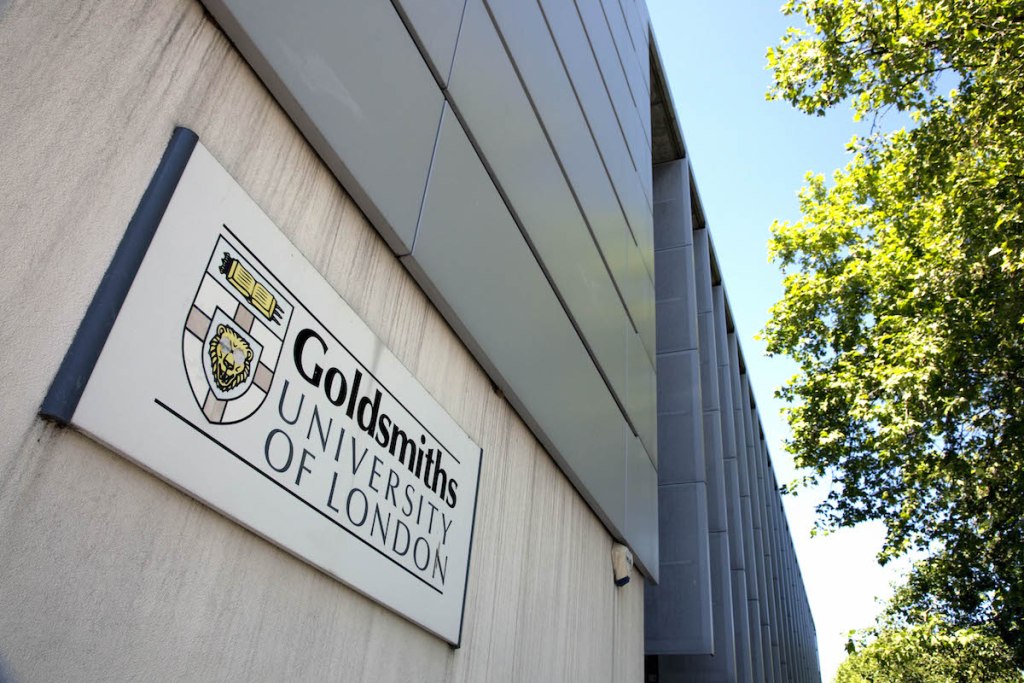[ad_1]
A controversy over the uneven racial demographics of the faculty at London’s top art school has reached a head, with the only permanently employed Black member of its art department’s academic staff protesting the university’s allegedly racist practices and work environment.
On Monday, artist Evan Ifekoya issued a letter addressed to their colleagues at Goldsmiths, University of London in which they revealed that they were “withdrawing” from the art department amid what they described as “unreflective and combative racism.” Titled “Withdrawing my labour,” the letter has since been widely shared, garnering more than 2,000 likes on Twitter.
“I refuse to carry the burden of being the only permanently employed black member of academic staff within the Art Department at Goldsmiths,” Ifekoya wrote. “To be so within a team of 70+ people—a tiny fraction of whom are people of colour—in 2020 is not acceptable.”
“We fully recognise that simply stating we are committed to tackling racial injustice in all its forms is not enough and will be discussing with students and colleagues what more we need to do if we are to eliminate the scourge of racism from our community,” a Goldsmiths spokesperson said in a statement to ARTnews.
In their letter, Ifekoya said that a missive had been circulating among staff that encouraged staff members to voice their support that the university extend fixed-term contracts for employees, as five out of six Black, Asian, and minority ethnic (BAME) workers in the art department’s B.A. program are on such contracts. (Goldsmiths has planned to not renew any fixed-term contracts.) According to Ifekoya, “some [colleagues] responded by arguing that all staff matter, as if the mere mention of BAME workers takes attention away from white people.”
A Goldsmiths spokesperson denied that the school had overlooked any racist activity, saying, “We would always investigate any specific reports of racist behaviour made to the College as a priority and take appropriate action.”
Ifekoya did not immediately respond to an emailed request for comment.
Over the past year, Goldsmiths has been the subject of scrutiny in the British media for the way it has dealt with race. Last summer, for 137 days, a group known as the Goldsmiths Anti-Racist Action occupied one of the university’s main buildings, alleging that the school had acted against its BAME students and promoted “institutional racism.” Goldsmiths pledged to do more to fight racism among its student body and staff, and several months later, the university released the findings of a survey about the matter.
The report revealed that 26 percent of students surveyed had experienced racism, either from staff members or from their colleagues. Nearly half of all respondents said the school’s curriculum did not privilege the experience of BAME students, and just 5 percent of respondents said they believed the school’s senior management was diverse. (After the report was issued, some students claimed the report was “watered down.”)
“I refuse to work as a racialized individual who is perceived by default to shoulder anti-racist work because of the colour of my skin,” Ifekoya wrote. “I refuse to continue to absorb racism experienced on an interpersonal, institutional, structural, and economic level. I refuse to let my mental health deteriorate as a consequence of the violence I experience in my workplace. I refuse to allow work to continue as normal.”
[ad_2]
Source link


